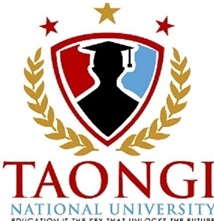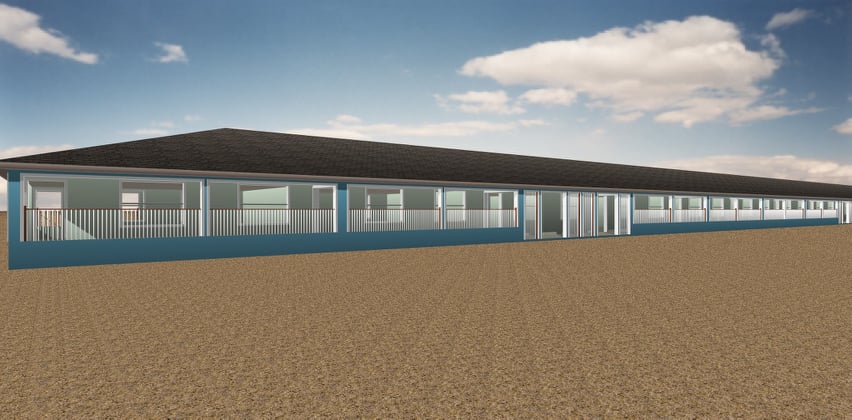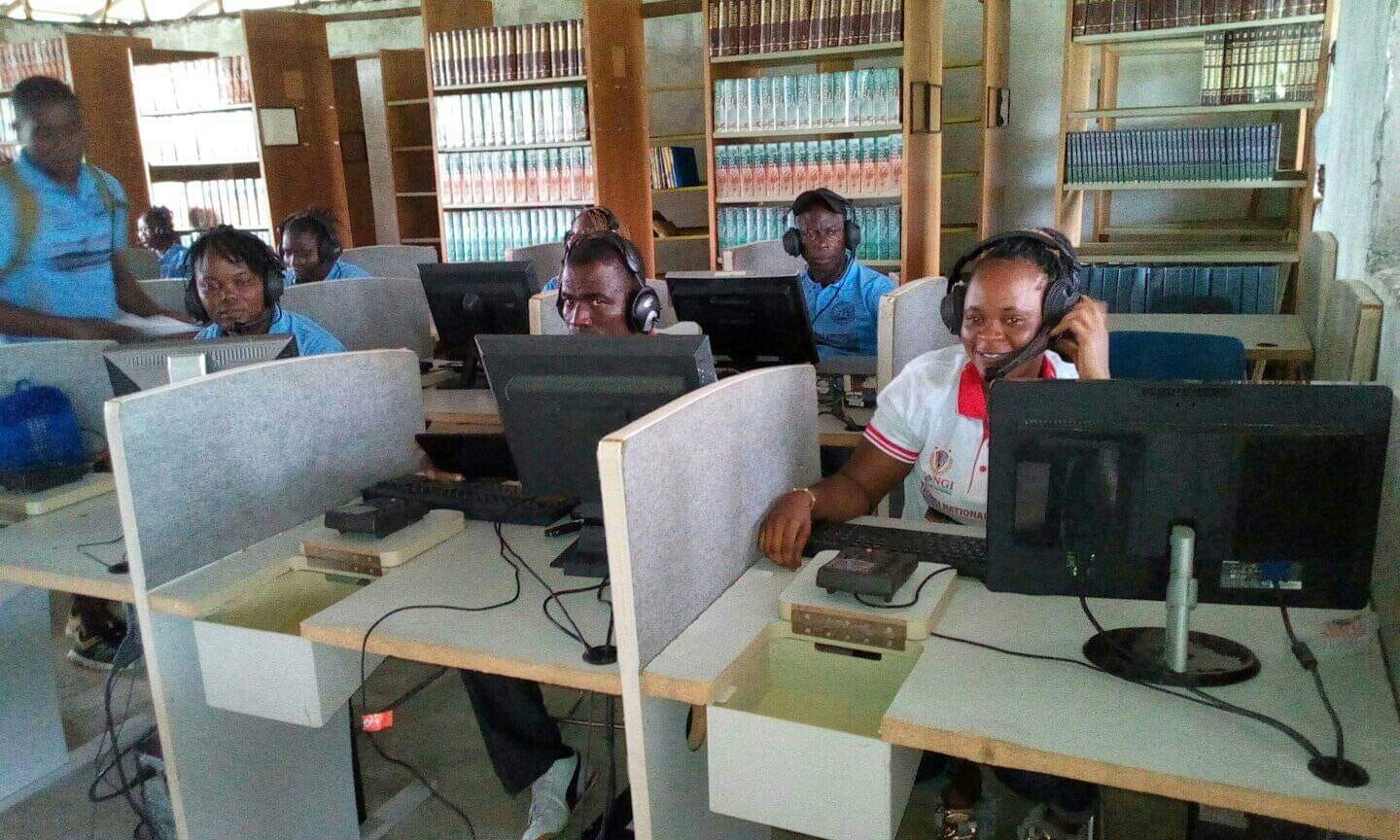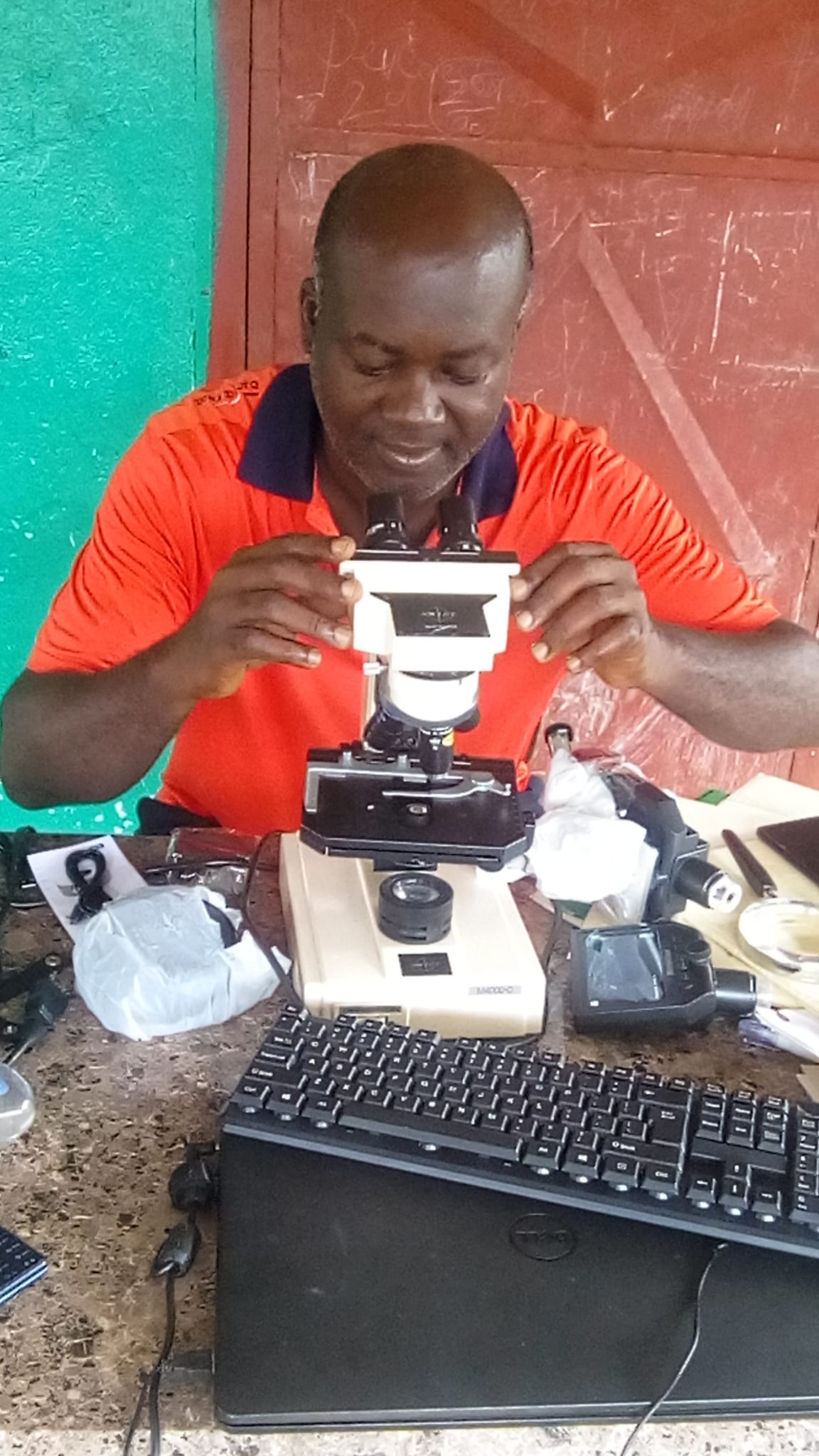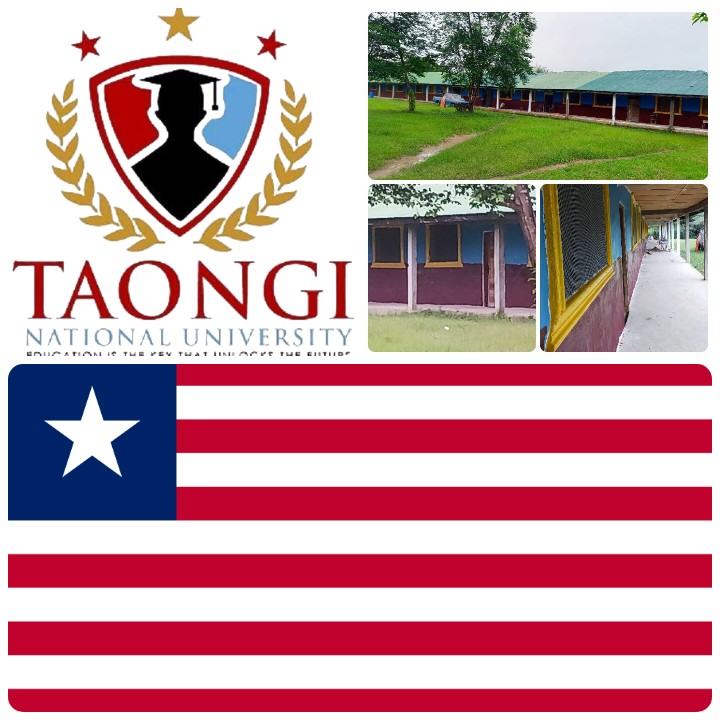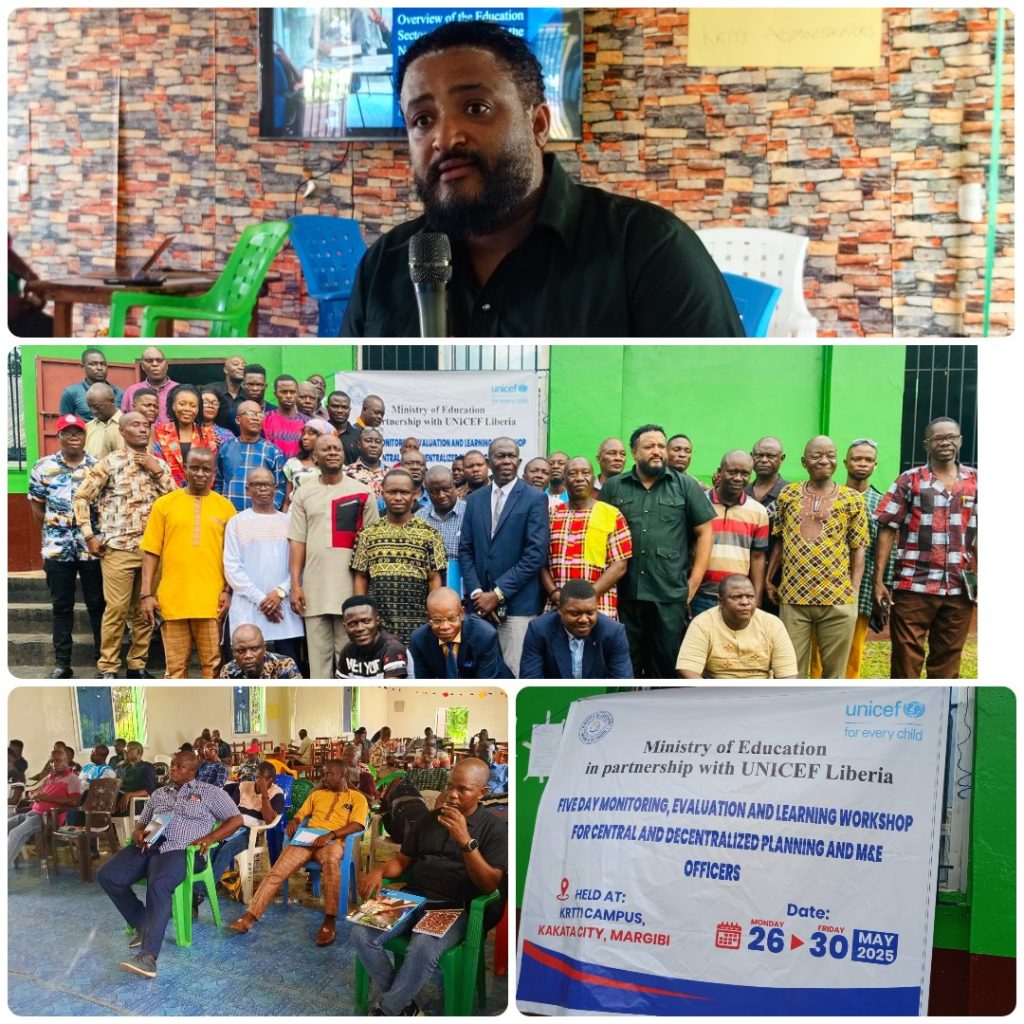
Ramsey N Singbeh Jr
+231772641146 / 880147358
The Ministry of Education or MOE has embarked on the conduct of a five day workshop on monitoring, evaluation and learning in the educational sector of Liberia.
The training in partnership with UNICEF Liberia is for central and decentralized planning and M&E officers, held in Kakata City, Margibi.
The workshop which is taking place on the KRTTI Campus, started on Monday, May 26, 2025 and is expected to end on Friday, May 30, 2025.
Speaking to the reporters at the onset of the workshop, the director for planning, monitoring and evaluation at the Ministry of Education, Abdallah Housseini explained that one of the major priorities of the government under president Boakai is the decentralization of plans at all levels and to ensure that they have a system that is monitoring and tracking progress.
Director For Planning, Monitoring And Evaluation At The Ministry Of Education, Abdallah Housseini
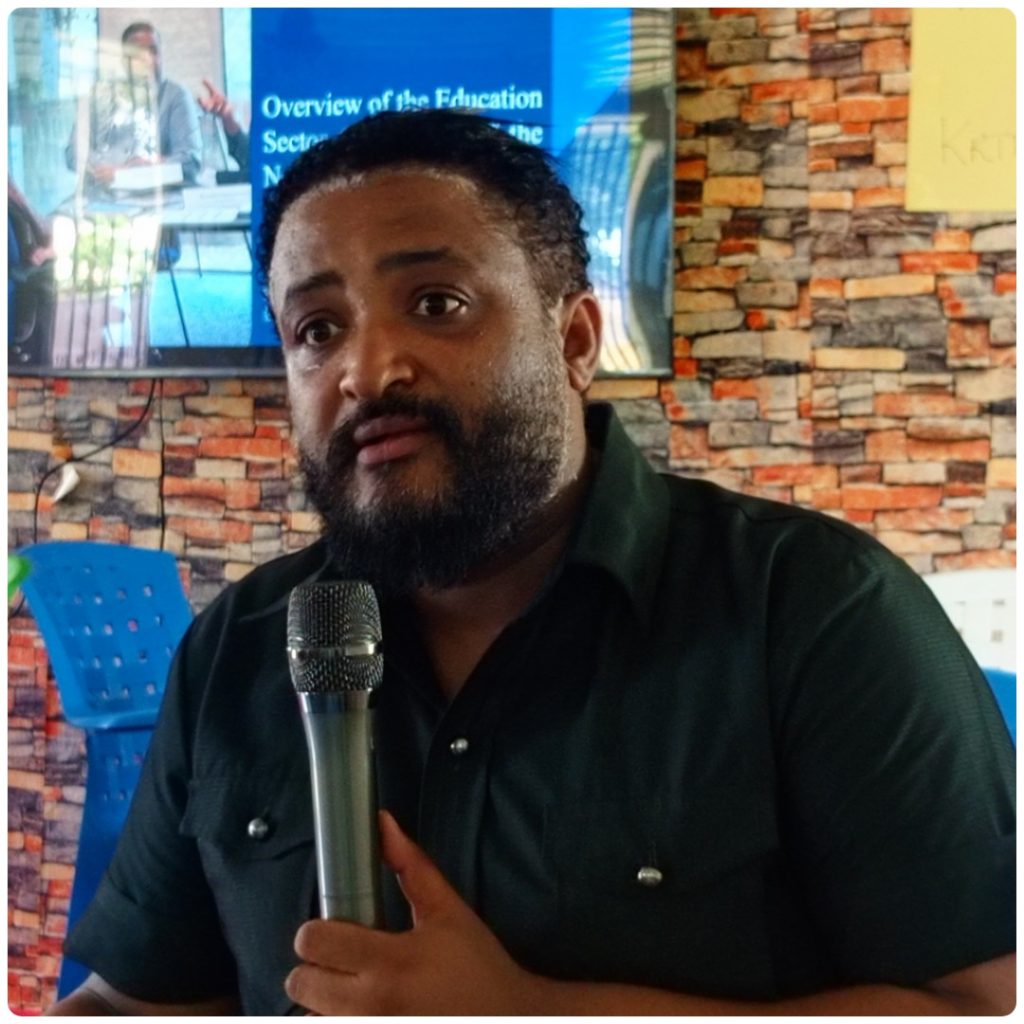
According to him, it is within that direction that the MOE as an education sector that is considered to be one of the key pillars of the ARREST Agenda is moving toward now building capacity at all levels for all reporting officers with specific emphasis on M&E and planning officers at all levels.
Housseini maintained that the Ministry received funding from the United Nations International Children Education Fund or UNICEF Liberia to be able to bring together 52 participants including 32 planning officers from across the 16 educational counties, folks from the central government, the Ministry of Youth and Sports, County Education Officers or CEOs, District Education Officers or DEOs and MOE focus point and planning point amongst others.
According to him, the training is also geared toward the acquainting the participants with not only the educational plan, but also the national plan, introduce them to the meld-framework of the AID and to setup reporting mechanisms and tools and be able to build up their capacity so that they report holistically on the progress of the government.
“We are here now building the capacity of decentralized staff so that we can be effective in reporting not just as a sector but as a pillar which is pillar six, the human capital development pillar, he explained”
He recounted that in 2025 the president launched the National ARREST Agenda for Inclusive Development (AAID) that has six pillars with education under pillar sixth under which are different strategy policies with education being policy 19 through which the president has highlighted six programs which are meant to improve the educational sector of the country.
He listed some of the issues under policy 19 as enhancing teachers’ capacities, ensuring that students have access to a very safe environment, ensuring that all students have textbooks, the system be governed under a synchronized policy and agreed framework and that all key informants and stakeholders are informed about the program and other emphasis on higher education and T-VET.
He averred that at the MOE, the AAID is their mandate and they have taking it and they are also one of those sectors that are leading in the decentralization.
Being upbeat about their next move, he narrated that very soon, they will be one of the first government entities that will be working with the counties to develop their county operational plans in line with the county development previous developed by the AAID.
By that, he said the counties will have a roadmap plan which will enable them to decentralize their budget. The MOE, he noted hopes to achieve a more accountable system of government, management, accountability and transparency through the programs.
He also noted that there have been a lot of good things happening at the Ministry of Education which the public does not know about.
He then appreciated President Boakai and Minister Jarso M. Jallah for their visionary leaderships and support to the MOE.


